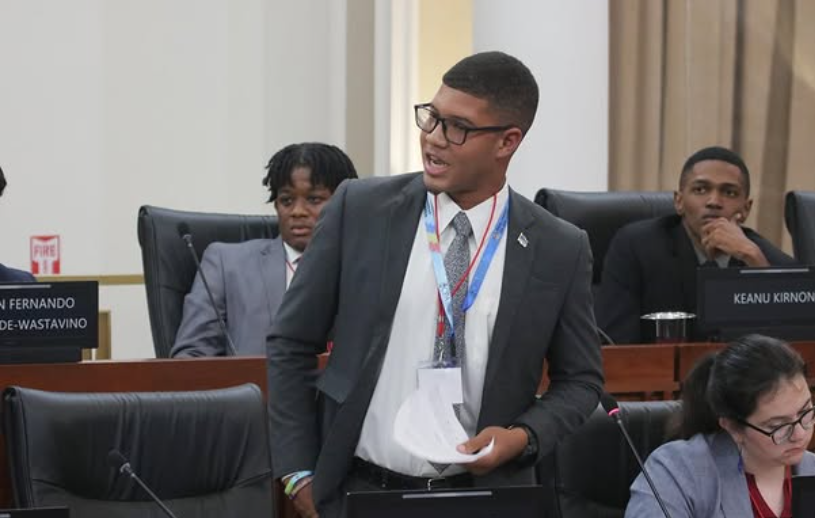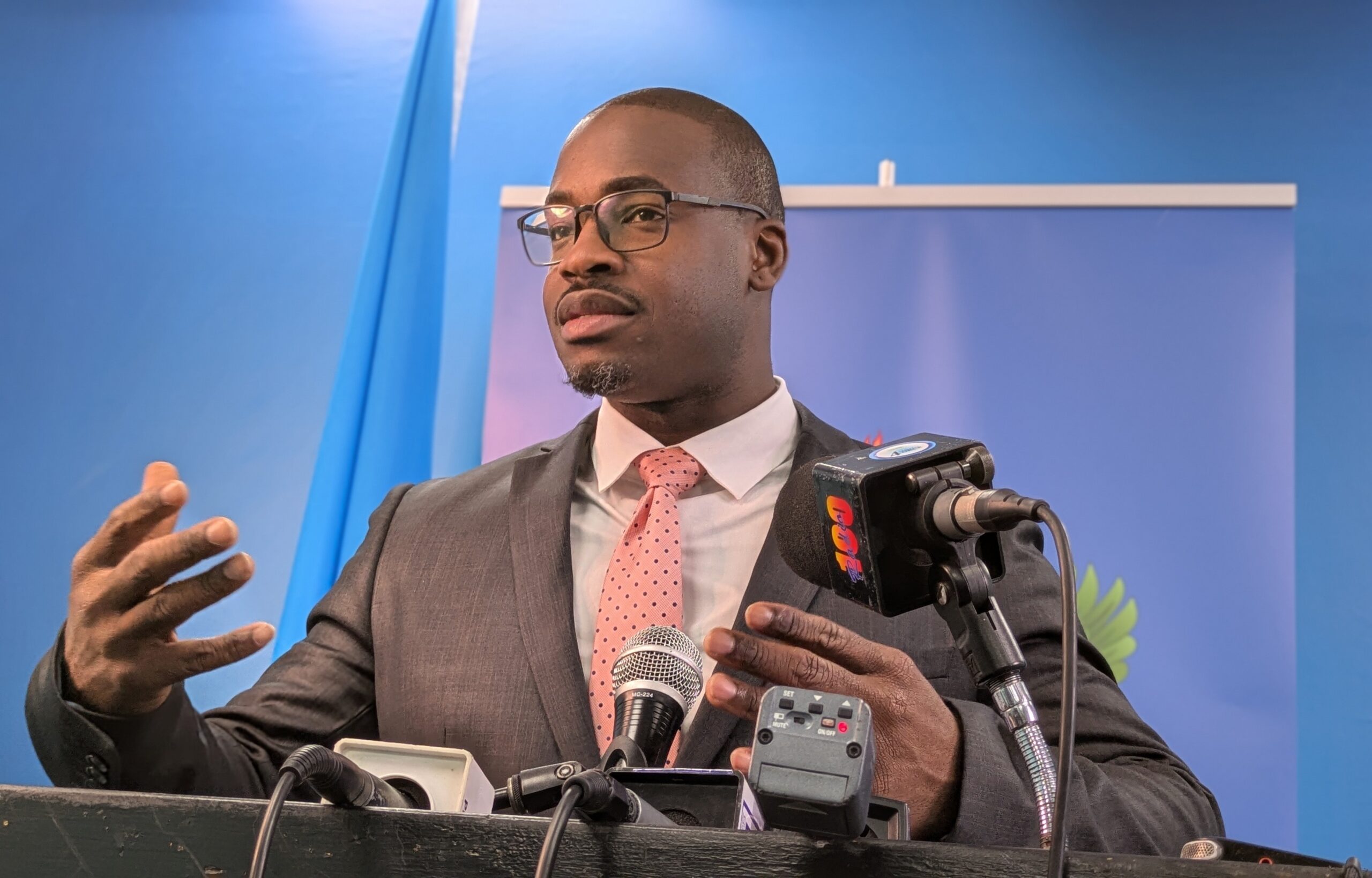

By Alens Plante
From the genesis of my political upbringing, I understood, as time went by, the importance of Parliament—the highest decision-making body of the State responsible for enacting laws to ensure peace and good governance in accordance with the Constitution. I have grown to appreciate the minds that have contributed to substantial debates in the legislature and the creation, amendment, and repeal of legislation.
As a former youth parliamentarian myself, I have had the opportunity to participate in a mock parliament, which shaped my thinking and deepened my understanding of this prestigious institution. With such a dutiful task, I share the view that Parliament must be an office of great repute. It forms part of the identity of a nation and is among the most important state organs.
I have been particularly displeased with the rhetoric of a recently appointed opposition senator, Mr Joshua Harrow, who has chided Parliament as a “circus” — the very institution of which he has since boasted about being a part, as its youngest member currently. While I commend the young man for achieving such a feat, he must understand the weight of his responsibility to uphold the status of Parliament as a legislator himself.
If we are to look at the political terrain of Saint Lucia over the last few years, no one can deny the absolute degradation of parliamentary convention, morals, and the rule of law by the former prime minister of Saint Lucia. From the delayed swearing-in of Parliament, the failure to appoint a deputy speaker, and blatantly disobeying orders of the Speaker to, most recently, purposefully refusing to reply to the Prime Minister in the debate on the Estimates of Expenditure, these acts offer a comprehensive overview of his disregard for the House of Assembly in particular and, by extension, the legislative arm of government.
I wholeheartedly support any young person who believes they are competent enough to represent me and my fellow young citizens at the most senior levels of government. It’s important that we channel our voices and earn a seat at the table when it comes to policy decisions and leadership.
In a paper entitled, The Role of Parliament, Dr John K. Johnson, in a World Bank series on Contemporary Issues in Parliamentary Development, posits that “Parliaments represent the diversity of individuals and groups in society; as the supreme lawmaking institution in a nation, they make the rules by which society is governed.” I wholeheartedly agree with this assertion.
Further, I must place on record that Parliament must be representative of me as a young man and a young voter whose goal is to be part of national development. However, whoever is tasked with such a venture must understand the magnitude of this responsibility. There must be a level of political maturity and legislative experience (which I would hope Mr Harrow possesses, given that he too has been a youth parliamentarian) to execute his portfolio diligently.
I also do not dispute that a young person should exercise their right to support whichever political party they choose. That is a constitutionally protected right. Nonetheless, I believe he should refrain from speaking so brazenly about Parliament, considering that he too is now a part of what he calls a “circus.”
I turn to the words of one of my favourite authors, Anderson Reynolds, who writes in his novel No Man’s Land: “Instead of redesigning the factory, they keep wasting their time discarding defective batches of products, expecting the next batch of products to meet their expectations, unmindful of the fact as if by design the factory can produce anything but defective products.”
I wish to share these words with the senator to remind him that if he believes that Parliament is a circus, then he must remember that he has the greatest opportunity, as a young legislator, to lead the charge in ridding the institution of its systemic deficiencies that enable ‘clown behaviour’—or else he too may suffer the same fate, if he has not already done so.
The senator has engaged in fragmented rhetoric that may suggest he is unsure of his party’s political prospects. He has criticised the policies of the current administration without substantial arguments or recommendations, particularly as someone who boasts of having spent his life in advocacy and the education sector. I urge him not to succumb to the perils of performative opposition but rather to always consider assuming an independent posture when analysing the current state of affairs — particularly as a young leader.
While I fully support the participation of young people in the highest decision-making institutions of our country, I must emphasise the need for a deep sense of responsibility, respect, and decorum when engaging in parliamentary affairs. Parliament is not merely a stage for political theatrics but a cornerstone of our democracy, charged with the weighty task of shaping the nation’s legislative framework.
Senator Harrow, like all parliamentarians, has a duty not only to critique but also to contribute meaningfully to the institution he is now a part of. If he truly believes that Parliament resembles a circus, then he must seize this opportunity to enact change from within rather than merely casting aspersions from the sidelines. The role of a legislator is not to mock but to mend, not to belittle but to build.
The burden of governance is not one to be taken lightly, and as young leaders, we must rise to the occasion with a vision that elevates rather than diminishes our institutions.
If Parliament has fallen short of the standards we expect, it is incumbent upon those within it—especially the younger generation—to restore its dignity and function. Words alone will not achieve this; only through dedicated service, meaningful debate, and principled leadership can we ensure that our legislative body remains a pillar of good governance.
Alens Plante is a 20-year-old Saint Lucian student at the University of the West Indies, Cave Hill Campus, who has spent much of his life in student advocacy and activism.





